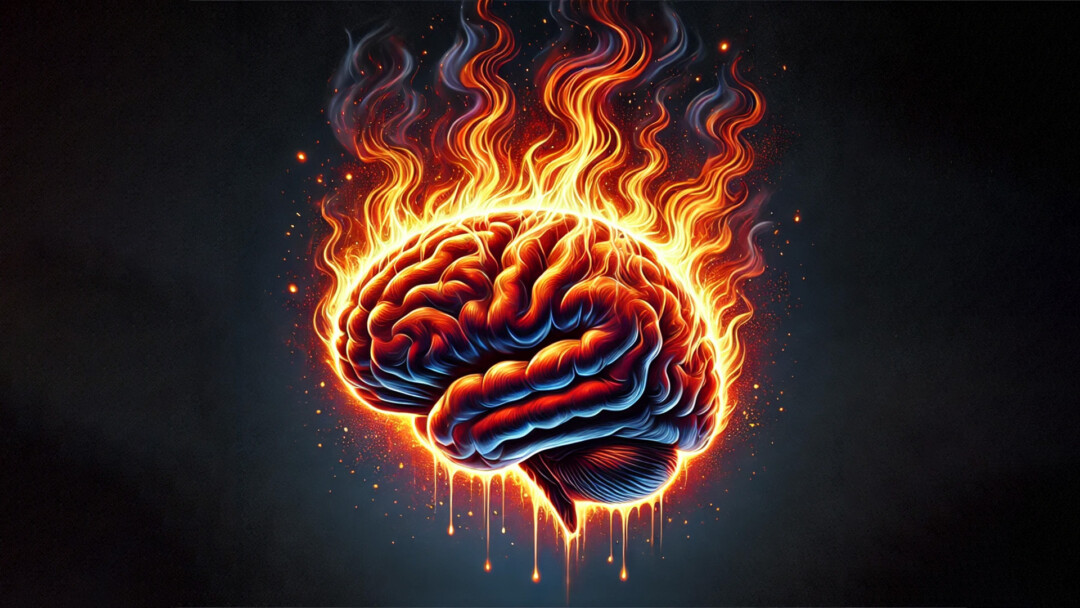Migraines are more than just painful headaches. For some, they can lead to complications that affect daily life and overall health. While many people experience migraines without long-term issues, it’s important to be aware of the potential complications that can arise, especially if migraines are frequent or severe.
1. Chronic Migraine
One of the most common complications is when occasional migraines become chronic. Chronic migraine is defined as having headaches for at least 15 days a month, with at least 8 of those days being full-blown migraines, over a period of three months. Chronic migraines can greatly impact quality of life, making it hard to work, socialize, or even carry out daily activities. This condition often requires long-term management and treatment.
2. Medication Overuse Headache (Rebound Headache)
Taking too much migraine medication, even over-the-counter pain relievers, can actually make things worse. If you frequently use painkillers, you might develop “medication overuse headaches” or rebound headaches. This is when your body gets used to the medication, and as it wears off, another headache starts, leading to a cycle of dependency. Over time, the headaches can become more frequent and harder to treat.
3. Status Migrainosus
This is a severe and rare complication where a migraine lasts longer than 72 hours, despite treatment. Unlike typical migraines, which eventually go away, status migrainosus can cause intense pain and require medical intervention. People experiencing this should seek medical help because it might lead to dehydration or other health issues from prolonged nausea and vomiting.
4. Migraine with Aura and Stroke Risk
Some people experience “migraine with aura,” which includes visual or sensory disturbances like flashing lights or tingling in the body. Research suggests that people with migraines with aura have a slightly higher risk of stroke, particularly women under 45 who smoke or use birth control. Though the risk is low, it’s important to discuss this with a doctor, especially if other risk factors are present.
5. Migraine and Mental Health
Migraines can take a toll on mental health, especially if they are frequent or severe. People with migraines are more likely to experience anxiety, depression, and other mood disorders. Living with chronic pain can be overwhelming and isolating, and the unpredictability of migraines can add to the stress. If you or someone you know is struggling with the mental health effects of migraines, seeking professional help is crucial.
6. Seizures (Migraine-Triggered Epilepsy)
Though rare, there is a condition called migralepsy, where a seizure is triggered during or right after a migraine with aura. This is uncommon but can be serious and should be addressed by a neurologist if you suspect any seizure-like symptoms.
Managing Migraines
While these complications may sound worrying, not everyone with migraines will experience them. The key is to manage migraines effectively by working with your neurologist. Understanding your triggers, using medications wisely, and making lifestyle changes can help prevent migraines from escalating or becoming chronic.
Migraines might be unpredictable, but with proper care and awareness, many people can live full and active lives despite them.

